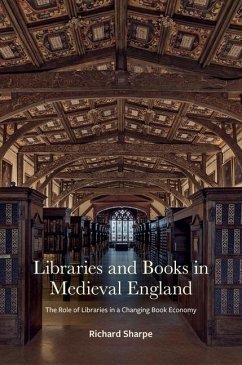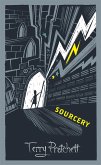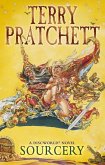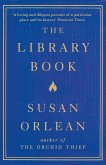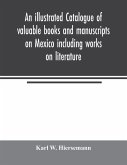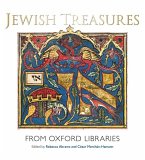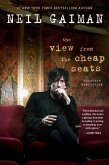Medieval England was full of books, many times the number that have survived. The great moment of loss was when the country's religious houses were suppressed by King Henry VIII and their libraries scattered and destroyed. Twentieth-century scholarship has been enterprising in establishing what survives and in discovering what libraries once held. To understand that evidence, and to be able to reconstruct the transmission of culture in the Middle Ages, we need to employ with care the evidence of the surviving books and what medieval library catalogues can tell us about these lost collections. Libraries and Books in Medieval England paints a new picture of the circulation of books, from the totality of the available evidence. It seeks to move away from the modern conceptualization of the monastic library as the only venue for medieval book provision, and to broaden awareness of the wider book economy, including private ownership and the birth of the book trade. The result, by one of the country's leading experts and based on his Lyell Lectures in the University of Oxford, is an unparalleled work offering a new view of the field.
Hinweis: Dieser Artikel kann nur an eine deutsche Lieferadresse ausgeliefert werden.
Hinweis: Dieser Artikel kann nur an eine deutsche Lieferadresse ausgeliefert werden.

